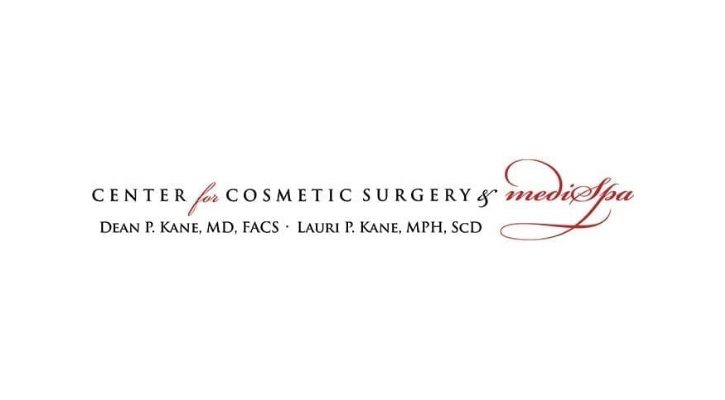Sixty plus years ago, the nuclear genome was crystalized and envisioned as a double helix. 40 years ago, I sat in my pre-medical biochemistry class understanding the basic structure of the gene, anti-bodies and what function they played in the body. I had an “ah-ha” moment and like others saw the origin of new medicine to beat disease and eventually aging. 17 years following the sequencing of an entire human genome, we have CRISPR, a gene-splicing/repairing tool and the development of this new class of drugs generalized as monoclonal antibodies against the disease. Soon, precision individual antibodies and scores of new immune viral, bacterial, and other exogenous illness producing problems as well as endogenous congenital and viral gene-altering diseases will be available.
My excitement in re-blogging the following article by David Johnson from linkedIn is how far the medical society has ventured since I was born but also, what hurdles the commercial society places in front of it. Take a look at the hundreds of Antibody Drugs already created on: https://en.wikipedia.org/wiki/List_of_therapeutic_monoclonal_antibodies. Confusious say: “we live in exciting times”!
Rising Above the Status Quo: Better Antibody Discovery Will Lead to Better Therapies
- Published on Published on January 3, 2018
David Johnson
Antibody therapeutics have proven their value over the last 20 years, dominating the list of top-selling drugs and bringing hope to millions of patients with cancer and other hard-to-treat diseases. Antibodies are proteins produced by your immune system and are extremely helpful as natural first-line defenders in the fight to stop diseases. Drug companies use synthetic antibodies as drugs to fight serious diseases, but first, the antibodies must be “discovered,” i.e., expert scientists need to search for antibody protein sequences with the appropriate biological activity. Over the years, innovation in the drug industry has expanded significantly in areas focused on making existing, already-discovered antibodies even better. Bi-specific antibodies, antibody-drug conjugates, and antibody fragments are examples of this effort. In contrast, there has been little innovation made in the methods to discover new, potentially better antibody protein sequences – severely limiting the quality and speed of current drug discovery.
The immune systems of humans and humanized animals are the best environments for antibody discovery, as they contain billions of naturally selected antibodies against the most severe diseases we battle today. These antibodies can be captured using the right tools, however, current antibody discovery methods simply are not capturing them with enough efficiency to bring new therapeutics to patients in a timely manner. The status quo is holding us back from capitalizing on our increasing understanding of disease biology. As cancer-focused biotechnology companies big and small race to find new antibodies to form the basis of revolutionary drugs and combination therapies, the need for a better discovery method is greater than ever.
To discover new antibodies, biotech companies still rely primarily on methods established more than 30 years ago. The most common method, hybridomas, involves injecting a mouse with a drug target (typically a protein found on the surface of cells that antibodies attack) and then harvesting the antibodies that the mouse makes against the target. Large hybridoma efforts only produce a few antibodies – or sometimes none – that bind to the target of interest, and even if an antibody binds, it doesn’t necessarily cause disease-modulating activity. The second method, phage display, uses bacteria to create libraries of antibodies from random combinations of genes. This method usually produces many antibodies that bind to the target but these antibodies often lack disease-modulating activity or can’t be synthesized as monoclonal antibody drugs because they were never “naturally made” in an animal. Less than five commercially-produced antibody drugs have been isolated from phage display libraries because they typically fail during manufacturing development or efficacy studies. Both methods are iterative processes that are slow, expensive and imprecise – only capturing a small fraction of the antibodies produced by human immune systems to fend off disease.
Big pharmaceutical firms have not focused on innovation in antibody discovery because larger organizations are often reluctant to risk changing components of their core business model until they are visibly threatened. Drug companies may be unwilling to write off their significant investments in equipment and man-power to discover antibodies even if they found a quicker, cheaper alternative.
However, the tides are turning. The field of immuno-oncology, an innovative treatment approach that uses the body’s immune system to help fight cancer, is advancing at such a rapid pace that lengthy and inexact antibody discovery simply can’t keep up. Medical knowledge about important antibodies needed for successful treatment is outpacing the long lead times of hybridoma and phage display processes.
When people ask me what I do, I tell them that I’m focused on solving this problem. In founding GigaGen in 2010, my goal was to bring much-needed innovation to the discovery side of antibody therapeutics. Our platform obtains markedly faster results and a greater abundance of high-potential antibodies by capturing the entire immune system, including the full repertoire of antibodies it creates. What we have now is a process that can find hundreds of antibodies that attack any target from a pathogen all within six weeks, at least ten times faster than it is has taken in the past. This ensures no valuable antibodies are missed, unlike conventional discovery methods. And we are quickly building a large pipeline of therapeutic human antibodies against the most promising targets.
With more antibodies discovered than ever before, we will have more opportunities to develop new life-saving drugs.
This information is not meant as medical advice. It is provided solely for education. Our practice would be pleased to discuss your unique circumstances and needs as they relate to these topics.
Give us a call at 410.602.3322 or email Lauri@DrDeanKane.com and make an appointment soon. We’re located on Reservoir Circle just a block off the Baltimore beltway, convenient to greater Baltimore, Annapolis, the Eastern Shore, Southern Pennsylvania, Delaware and Carroll County.



